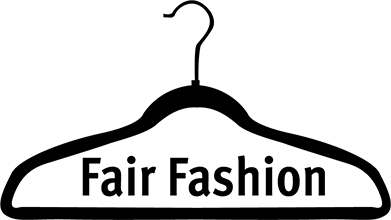What To Do
Unfortunately, many people have looked to fast fashion companies for much of their life to find their clothes. Because it is easy for big companies to have real-estate over malls and advertising spaces, the public may choose them as a quick and easy option. Even with the knowledge of their less than ethical business, it can be hard to make a change if you don’t know where to look. Below are some easy steps that work to curb fast fashions impacts.
Simple Steps
Spread Awareness
This action is as simple as talking to a friend or family member about the reality of fast fashion, or some things that you chose to do to limit the textile waste that you create. Changing the way that clothes are made and purchased is truly a team effort that requires a majority of the public to ask for better options. Without the knowledge of its detriment, people may continue to look to fast fashion brands.
Purchase Less
With the knowledge of fast fashions’ unethical system, many have looked to buying high-quality garments that last longer. When people choose to hang on to their clothes rather than purchase cheap ones every couple of months, the demand for quick and cheap clothes diminishes. This step has the power to subtract from a constant cycle that produces waste.
Recycle and Restore
Rather than throwing out used or torn clothes, donating and repairing them proves to limit the waste that comes from clothing. This could look like taking used clothes to a local donation center or finding a seamstress to sow that little hole in your shirt. These actions not only reduce waste but provide jobs in your community.
Alternative Options
Shop Second Hand
Shopping second hand is a great way to limit textile waste and practice sustainability. Purchasing used or unsold clothing in thrift stores prevents these garments from ending up in landfills. Because all the clothing is donated to these stores, they are not contributing to any harmful environmental practices, but rather promoting the recycling of clothing.
Support Locally
Local shops and boutiques often don’t have a large production that can hurt the environment as greatly as fast fashion businesses. Furthermore, labor practices tend to be more ethical and don’t utilize oversea labor laws. By shopping locally, you can reduce your environmental impact and put your money towards ethical labor practices.
Choose Sustainable Brands
Over the past decade, various brands have dedicated themselves to environmentally friendly practices. As more people become aware of fast fashion and its consequences, many companies have worked to provide better options. With a bit of research, you can choose to purchase items from places working to limit their footprint. See sustainable brands here.
